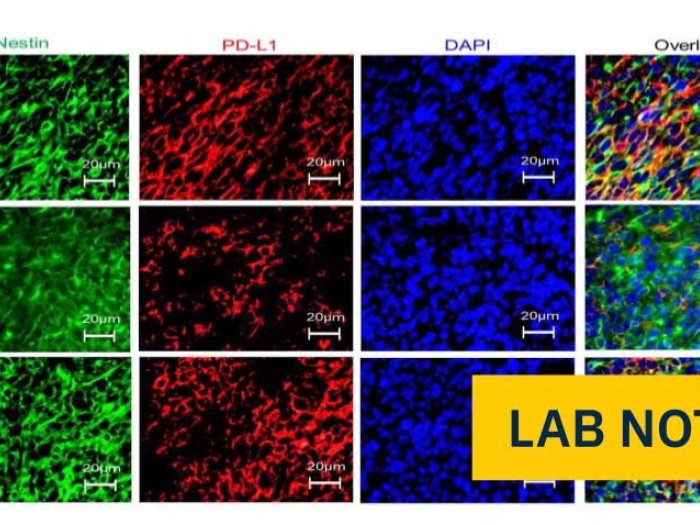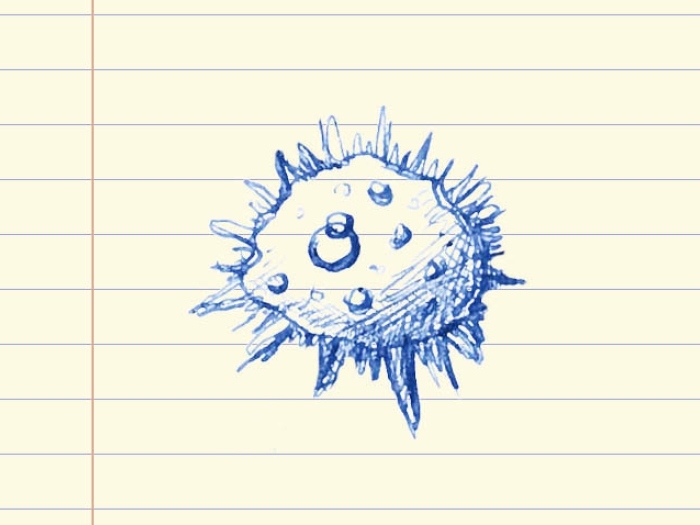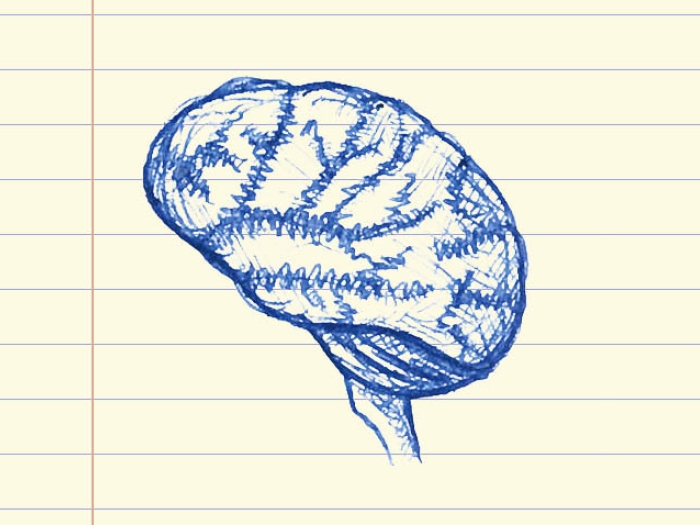In mouse models with a deadly form of pediatric brain cancer, an immune stimulatory gene therapy increased median survival.
8:22 AM
Author |

Researchers are learning more about how to harness the immune system to find new treatment options for a deadly brain cancer that strikes young children.
Diffuse intrinsic pontine glioma, or DIPG, tumors can't be surgically removed due to their location on a critical structure of the brain called the brain stem. In addition, because of the presence of the blood-brain barrier, these tumors do not respond well to chemotherapy. Radiation is the most common treatment but it's temporary, because the tumor grows back, and it isn't the ideal option for the young, developing brains of small children.
Some adult brain cancers, though, have responded to efforts to invigorate the immune system against the tumor, and a new study shows similar effects in animal models with one of the mutations that is present in human DIPG.
"Immune-mediated gene therapy may lead us to a safe and effective therapeutic approach for DIPG in the future," says first author Flor Mendez, Ph.D.
MORE FROM MICHIGAN: Turning the Tables on Glioblastoma
The researchers treated mouse models with DIPG-like tumors in the brain stem, using an immunostimulatory gene therapy called TK/Flt3L to assess whether it would have a positive outcome on survival compared to regular care.
"Together, these therapeutic genes sparked the immune system to recognize and kill the tumor cells," says Maria G. Castro, Ph.D., co-senior author.
"We found anti-tumor immunity and an increase in anti-tumor specific T cells," says co-senior author Pedro Lowenstein, M.D., Ph.D. "In this type of brain tumor, there are low numbers of immune cells in the tumor microenvironment, and this approach addresses that shortcoming."
Additionally the team found that the immune-mediated gene therapy was well tolerated and did not cause any adverse side effects. They say these results will pave the way for future clinical implementation of this immune-stimulatory gene therapy in DIPG patients at the University of Michigan and beyond.
The work was funded by the National Institutes of Health's National Institute of Neurological Disorders and Stroke, the ChadTough Foundation and the Leah's Happy Hearts Foundation.
Paper cited: "Therapeutic efficacy of immune stimulatory thymidine kinase and fms-like tyrosine kinase 3 ligand (TK/Flt3L) gene therapy in a mouse model of high grade brainstem glioma," Clin Cancer Res. DOI: 10.1158/1078-0432.CCR-19-3714

Explore a variety of health care news & stories by visiting the Health Lab home page for more articles.

Department of Communication at Michigan Medicine
Want top health & research news weekly? Sign up for Health Lab’s newsletters today!





